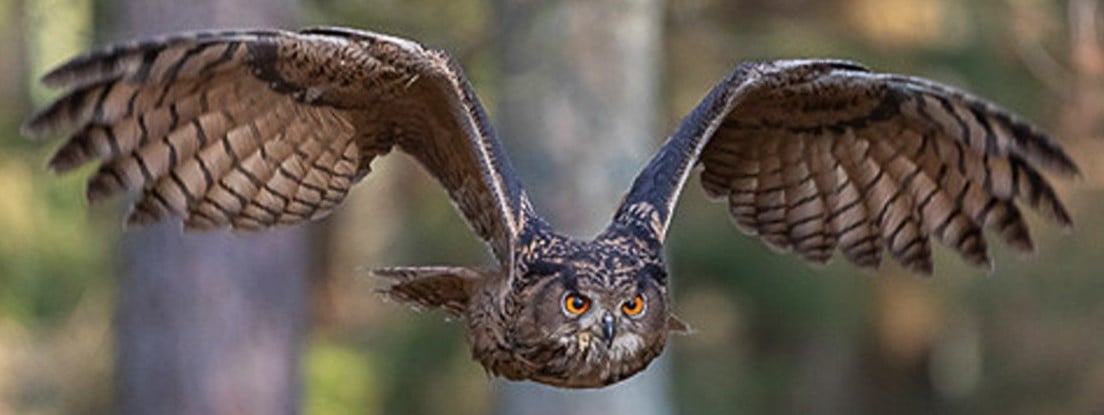Superbowl
For owls that are superb.
Also visit our twinned community for wholesome content:
https://lemmy.world/c/wholesome@reddthat.com

US Wild Animal Rescue Database: Animal Help Now
International Wildlife Rescues: RescueShelter.com
Australia Rescue Help: WIRES
Germany-Austria-Switzerland-Italy Wild Bird Rescue: wildvogelhilfe.org
If you find an injured owl:
Note your exact location so the owl can be released back where it came from. Contact a licensed wildlife rehabilitation specialist to get correct advice and immediate assistance.
Minimize stress for the owl. If you can catch it, toss a towel or sweater over it and get it in a cardboard box or pet carrier. It should have room to be comfortable but not so much it can panic and injure itself. If you can’t catch it, keep people and animals away until help can come.
Do not give food or water! If you feed them the wrong thing or give them water improperly, you can accidentally kill them. It can also cause problems if they require anesthesia once help arrives, complicating procedures and costing valuable time.
If it is a baby owl, and it looks safe and uninjured, leave it be. Time on the ground is part of their growing up. They can fly to some extent and climb trees. If animals or people are nearby, put it up on a branch so it’s safe. If it’s injured, follow the above advice.
For more detailed help, see the OwlPages Rescue page.
view the rest of the comments

That article taught me so much about hatching. The egg clicking is much more than what I have been taught, revolutionary for someone who raises Muscovies. Thank you!
You made me realize I had never finished reading the article myself! I read the asynchronous section that was relevant at the time, but I didn't get to finish.
The clicking was very neat, especially that it wasn't the egg tooth.
Also that eggs that are laid early vs later have different compositions, inside and out, to help the later ones "catch up" on development. I would have guessed the opposite, that the early birds needed more nutrition to stay healthy in the egg for a longer period.
I made that assumption, as well, that the early eggs would be given the edge in viability, full stop. Muscovies seem to be brooding anarchists, they make their own rules as they go.
Animals don't seem to know they're supposed to follow our rules! (/s)
I forgot to ask, what do you raise the ducks for and how many do you have?